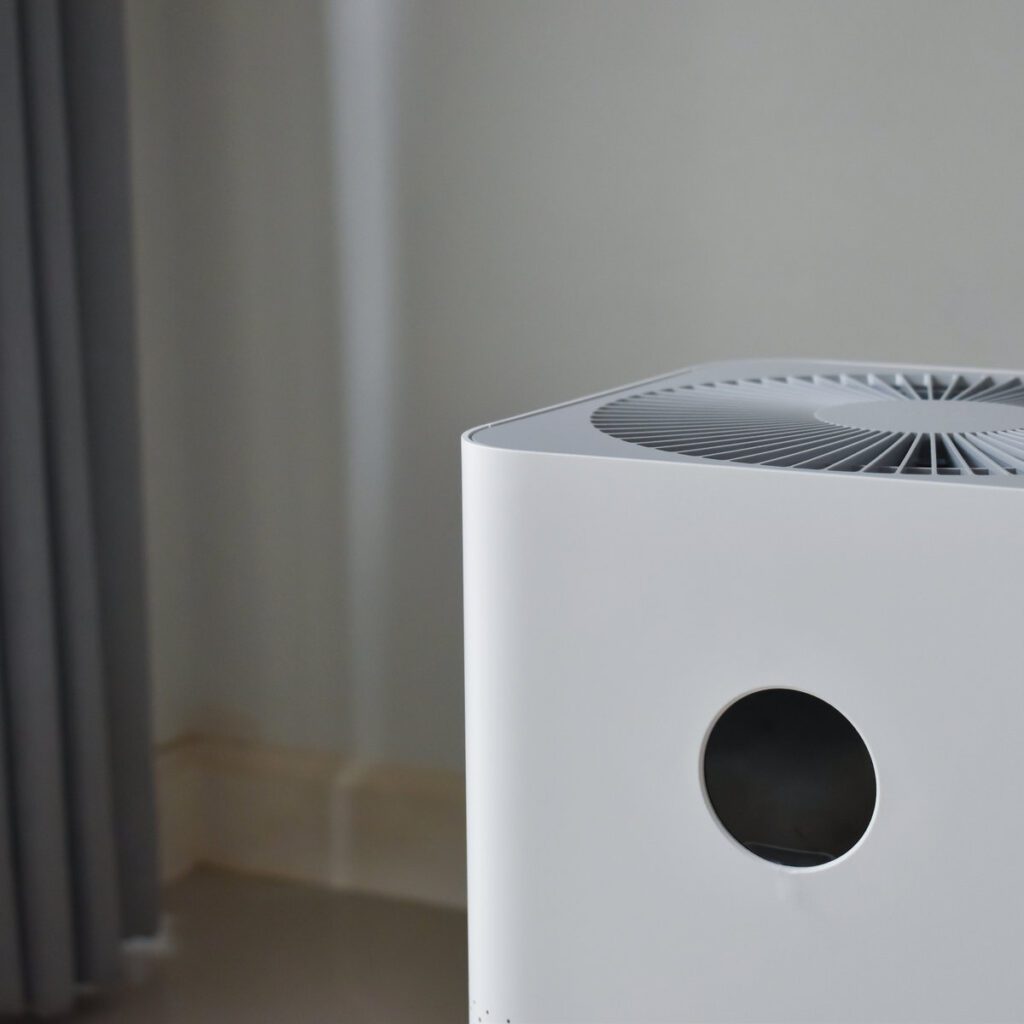How can we help you today?
There’s far more debris in your home’s air than you realize. That’s just the truth. The question is, what are doing to ensure those particles stay out of your lungs and respiratory system? You have multiple air care options available to you — you just need the advice of an expert to invest in the right air purification system for your home.
Cavalry Air Care is here to explain the details of home purification systems and how they can benefit your home health. If you’re interested in creating an efficient and healthy home for you and your family, your indoor air quality is a great place to start. Give us a call to start breathing cleaner air!

Is Air Purification Worth It?
No matter how careful you are or how clean your home is, contaminants enter your air. Whether it’s from your clothes after you’ve been outside, off of your pets or even from the cleaning products you use in your home, your air can never be 100% clean. That’s why putting filtration and purification processes in place can help your overall health tremendously. Did you know that purifiers can even reduce that annoying food smell in your home after you cook dinner? It’s time to look into a purer air experience in your home.
Air Filters & Air Purifiers: What’s The Difference?
You may be aware that your HVAC system already has filters installed through the air conditioning process. So, how are air purifiers any different? The answer is simple. Air filters are designed to remove larger particles from your air. Some examples of these contaminants are:
- Dirt
- Dust
- Dander
- Pollen
- Lint
Most generic air filters are used to stop these particles from circulating in your air and decreasing your indoor air quality. Air purifiers are systems that actually cleanse your air. Instead of simply removing some particles that could be harmful, purification systems can clean your air of tiny microscopic, microbial particles. These particles could be:
- Viruses
- Mold Spores
- Bacteria
Purifiers have filters inside them as well, helping to take care of those larger particles in the air. Filters and purifiers are also commonly used together for the most effective and powerful air protection system in your home.
What’s The Best Air Purifier?
There are many different kinds of air purification systems, including whole-home and portable. The main distinction between the different systems is how advanced their filters are. Air filters are measured by the size of particles they can catch from your air. This rating system is called the MERV (Minimum Efficiency Reporting Value). Standard filters that can remove large air particles have a MERV rating of about 3-8. MERV 13-16 filters can filter even more particles, like smoke and some bacteria.
The most efficient filters are called High-Efficiency Particulate Air (HEPA) filters. The higher the HEPA rating for your air purifier, the smaller particles it can remove from your air. Most HEPA filters rate between 17 and 20 on the MERV scale. HEPA filters are often used in hospitals to reduce the spread of airborne germs.
After the filter, air purifiers utilize an additional process to thoroughly clean your air of pollutants. Two of the most popular systems are UV light filtration and ionization. Beyond the mechanical filtration system that uses the physical presence of a “screen” to stop contaminants from passing through, purifiers use light waves or charged ions to remove particles more effectively.
Air Purification Installation
If you’re interested in installing an air purification system, let our team help you find the system that works best for your home. We’ll be able to pinpoint the exact air contaminants that are causing you trouble. Based on that information, we can recommend the purifier that is equipped to handle your home’s air cleansing. Give us a call today to start your service request!
Recent Articles

San Antonio Allergies Making You Sneeze?

DIY Air Quality Boosters




